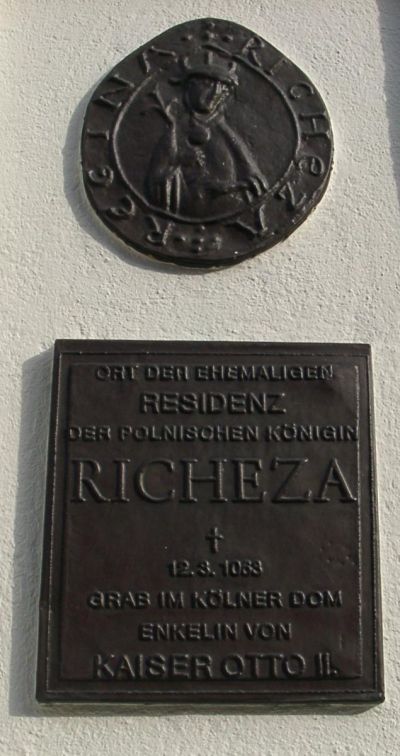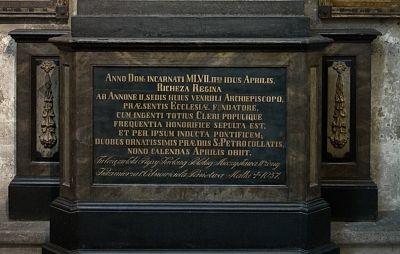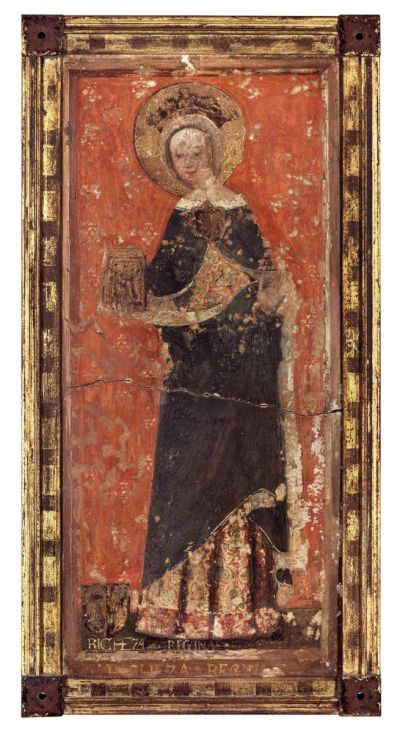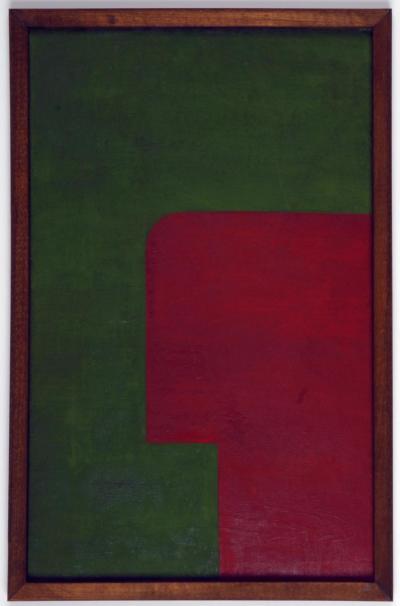Richeza / Rixa, Queen of Poland - Cologne Cathedral / Brauweiler abbey / Klotten

Richeza was not even 18 when she met and married the Prince of Poland Mieszko II in 1013. Their meeting was by no means accidental. 13 years previously in Gnesen the couple's destiny was sealed by an agreement between Emperor Otto III and the Polish king Bolesław Chrobry, the father of Mieszko II. Richeza was reputed to be graceful and beautiful, her face angelic and her gaze respectable and compassionate. She was pious at heart and also because of her position in society as Queen of Poland since 1024. Her life’s aim was to strengthen Christianity in Poland.
She donated money to the palatinates in the Polish town of Ostrów Lednicki near Posnan and Giecz, near Gnieszno. For many Poles and Germans, however, she is above all the first peaceful link between Poland and Germany. She is a synonym of German-Polish friendship, mutual respect and co-operation between the royal houses. Her name and her life's work are like a noble bracelet linking and surrounding both cultures.
Additional historical information
The relics of St. Richeza lie in Cologne Cathedral, Brauweiler monastery and the parish church of St. Maximin in Klotten, where she probably lived with her three children between 1040 and 1049. After her death she bequeathed all her worldly goods to the Benedictine monastery at Brauweiler near Cologne. But in her will Archbishop Anno of Cologne found a note saying that her belongings were the property of the church in which she was buried. When she died in Saalfeld on 21. March 1063
her body was intended to be brought to Brauweiler monastery. On its way via Cologne her coffin was intercepted by Archbishop Ezzo and taken to the Church of Maria ad Gradus in Cologne. For this reason Cologne and Cologne Cathedral, not Brauweiler or even
Klotten are known as places of pilgrimage for Poles.
Sources
Brauweiler Chronik
Cologne Cathedral archive
Conversations with Dr. Klaus Hardering, Head of the Cathedral Archive
Conversations with Peter Schreiner, historian, publicist
Conversation with Heribert Steffens, local historian, Klotten
Adam Gusowski, December 2013





